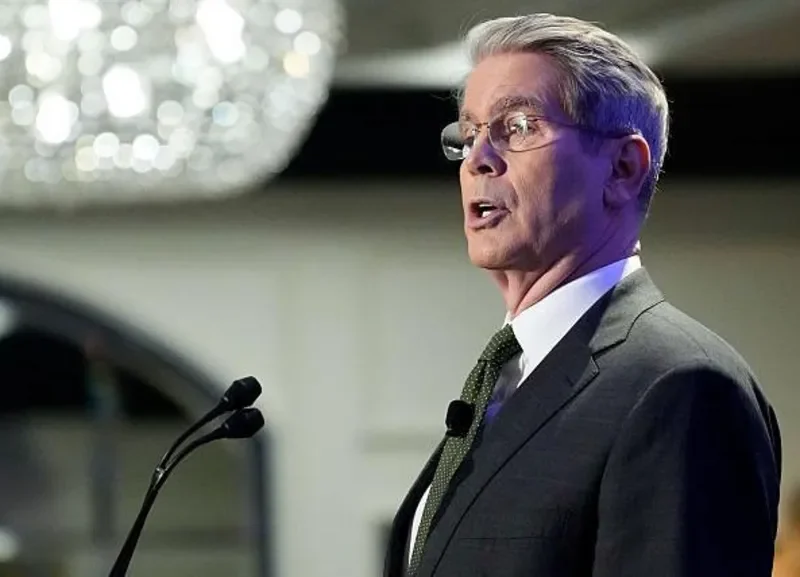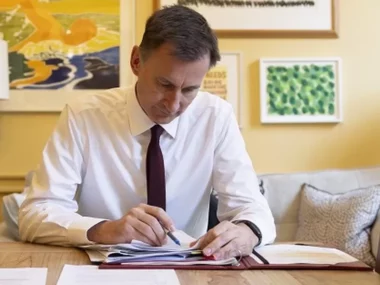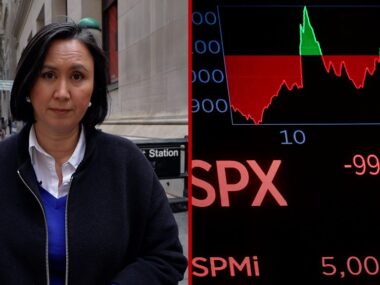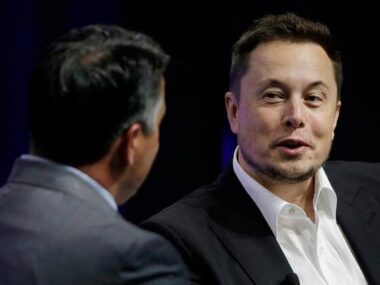Scott Bessent, the U.S. Treasury Secretary, stated there is a significant opportunity for a major trade agreement between the U.S. and China. In response to questions about an upcoming meeting between the two countries, he described it as an “incredible opportunity” to reach a deal, provided China is “serious” about reducing its reliance on manufacturing exports.
Bessent emphasized that China needs to change, a shift the country acknowledges, and one that the U.S. supports to help address rebalancing issues. The comments come amid escalating tensions in the trade war between the U.S. and China, where the U.S. has imposed tariffs on Chinese goods to promote domestic manufacturing and protect jobs. These tariffs reach up to 145%, while China retaliated with a 125% tax on U.S. products.
At the Institute of International Finance conference, Bessent noted that achieving a major deal depends on momentum and determination. He stated that there is a chance to rebalance the U.S. economy towards manufacturing, with less focus on consumption. If China is genuinely committed to shifting from export-led growth to a more domestic-oriented economy, Bessent suggested that both countries could work together to achieve this.
Bessent also mentioned on Tuesday that he expected the trade war to de-escalate, calling the current situation serious, though not humorous. President Trump has expressed optimism about improving trade relations with China, stating that the tariffs on Chinese imports would be reduced significantly, but not eliminated entirely.
The escalating tensions between the two nations have affected global financial markets, causing sharp fluctuations in stock prices and the value of the dollar. However, stock markets rose on Wednesday, buoyed by hopes that the trade conflict might soon ease.
In addition to addressing trade issues, Bessent criticized the IMF and World Bank for straying from their core missions of economic stability and development, focusing instead on issues like climate change, gender, and social matters, which he believes fall outside their primary goals. He argued that these institutions should refocus on their essential mandates.
While Bessent acknowledged that the IMF and World Bank have not fully met expectations, he did not advocate for the U.S. to withdraw from them, despite calls from some conservatives. He affirmed that the Trump administration would continue to exert influence on these organizations to ensure they fulfill their important functions.











